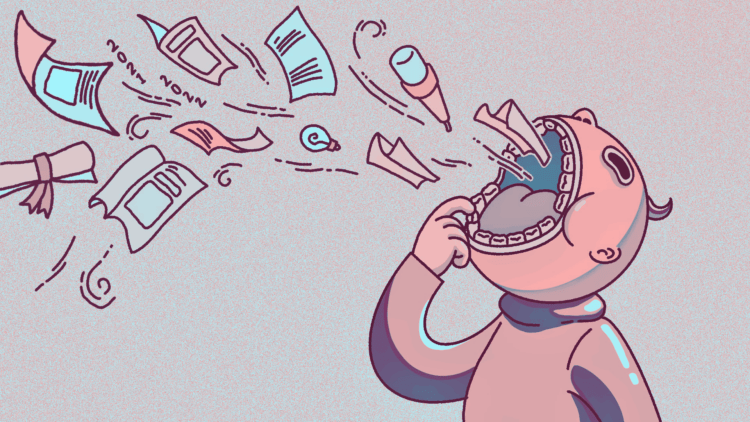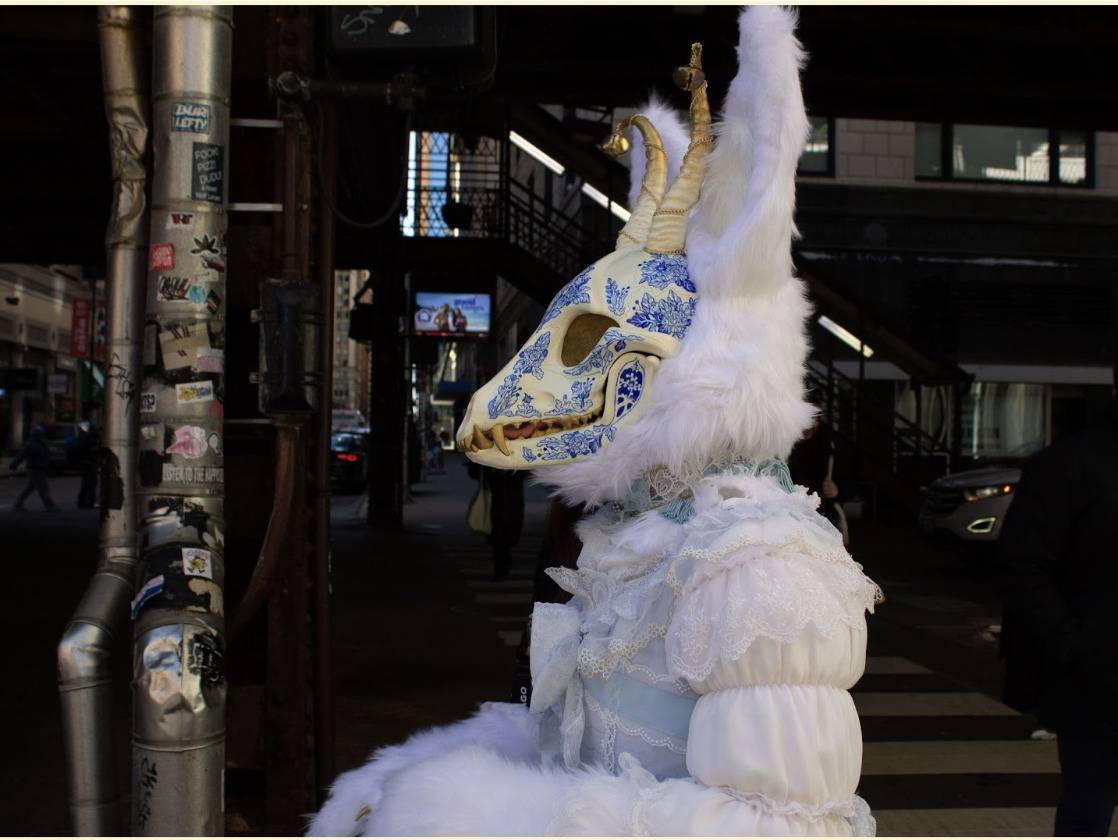AIC and SAIC Employees Set to Vote on Union
On Tuesday, workers at the Art Institute of Chicago and the School of the Art Institute of Chicago filed representation petitions with the National Labor Relations Board (NLRB) in Chicago. This action triggers an election in the coming weeks in which workers will vote forming their union, Art Institute of Chicago Workers United (AICWU). If a majority of workers vote yes, the union will be officially recognized by NLRB.
For almost two years, staff at AIC and SAIC have been working to form a union. The pandemic exacerbated workers’ uncertainty about job retention and safe working conditions. As this magazine previously reported, pandemic-related financial pressure forced administration to make many quick and consequential decisions. Employees want “fair pay, transparent and accountable leadership, and a voice in the decisions that effect them.”
If the union is voted in, AICWU will join the American Federation of State, County, and Municipal Employees (AFSCME) Council 31.
Mental health services receive unprecedented financial support but clinics remain shuttered
The American Rescue Plan provided Chicago with nearly $2 billion in federal coronavirus relief to be included in Mayor Lori Lightfoot’s 2022 budget. Within Mayor Lightfoot’s $17 billion budget, about $86 million is allocated toward mental health services, including the creation of 29 new behavioral health services positions. But activists and progressive aldermen believe the plan doesn’t go far enough.
In 2012, former Mayor Rahm Emmanuel shuttered five of the city’s twelve mental health clinics. Mental health and violence prevention are indelibly tied, one of the reasons that many believe that reopening the clinics must be included in the plan. Despite the pressure, Public Health Commissioner Dr. Allison Arwady stated during her confirmation hearing in 2019 that investing in mental health does not require the reopening of the neighborhood clinics.
West Garfield Park stranded in a food desert
For nearly a month, residents in West Garfield Park have been without easy access to fresh food. Without warning, Aldi, the last remaining grocery store in the neighborhood, closed, citing “consistently declining sales and the fact that we’ve operated this location at a loss for several years.” The next nearest grocery store, Save A Lot, is nearly a mile away and a difficult journey for the elderly community.
A 2015 Virginia Commonwealth University study found that the average life expectancy of West Garfield Park residents is 16 years shorter than Downtown residents. Lack of access to fresh food contributes to the number one cause of an earlier death: cardiovascular disease.
Minneapolis voters keep police department intact
At the polls on Tuesday, Minneapolis did not vote to dissolve the city’s police department in favor of a new department of public safety (DPS).
Supporters of the proposal wanted to bring a radical change to the city that witnessed the brutal killing of George Floyd in 2020. Opponents of the initiative feared that the communities seeing a rise in crime and violence would be negatively affected by the transition, which they said was not clearly planned.
In some cities in the United States, DPS personnel are trained to respond to a variety of emergencies in the capacity of an EMT, police, and firefighter. The move toward DPS in Minneapolis would have put an emphasis on mental health crisis response.
#MeToo is censored in China
Peng Shuai, a Chinese tennis star, accused a former deputy prime minister, Zhang Gaoli, of sexual assault. Gaoli is the first senior official in the Chinese government to be named in an allegation since the #MeToo movement took off in 2018.
Chinese censors quickly removed Peng’s post. Online discussion of the accusation, the #MeToo hashtag, and the hashtag’s Chinese equivalent are currently blocked from social media.
In 2019, sexual harassment became grounds for filing a lawsuit in China’s highest court, but this has done little to upend the tradition of male dominance and female subservience in the country.






















